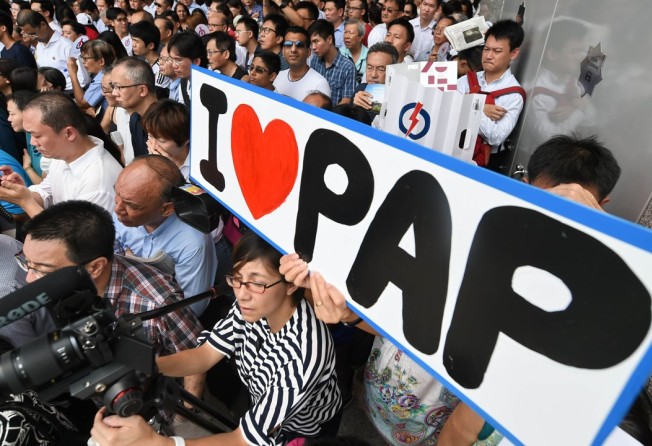Why Hong Kong can never copy Singapore’s ‘dictatorship’

I would be gobsmacked if the Hong Kong government succeeds in copying Singapore’s style of “dictatorship”, as some commentators are accusing it of doing (“If Singapore is now Hong Kong’s political role model, will it also inspire housing policy?”, July 13)
After all, the Lion City’s “police state” is most unconventional and unique – one that is tailored specifically to its evolving needs and circumstances, and not for wholesale dissemination.
Print option is available for subscribers only.
SUBSCRIBE NOW